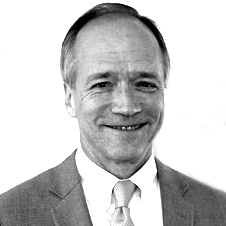Trump’s talent for fallibility is infallible. Whenever there has been an issue during his presidency that no one could get wrong, not even a first-grader who is repeating first grade for the fourth time, Trump gets it wrong. In an interview last Sunday with Fox News’s token journalist Chris Wallace, the president complained about the progress that’s been made in the removal of Confederate symbols around the country. It’s a perfect arc for his political journey: he has gone from birther to The Birth of a Nation. He is concerned that if we remove the statues and the Confederate flag we might forget that the Civil War happened.
He said, “We can’t forget that the North and the South fought. We have to remember that. Otherwise we’ll end up fighting again.”


